- News
- Reviews
- Bikes
- Accessories
- Accessories - misc
- Computer mounts
- Bags
- Bar ends
- Bike bags & cases
- Bottle cages
- Bottles
- Cameras
- Car racks
- Child seats
- Computers
- Glasses
- GPS units
- Helmets
- Lights - front
- Lights - rear
- Lights - sets
- Locks
- Mirrors
- Mudguards
- Racks
- Pumps & CO2 inflators
- Puncture kits
- Reflectives
- Smart watches
- Stands and racks
- Trailers
- Clothing
- Components
- Bar tape & grips
- Bottom brackets
- Brake & gear cables
- Brake & STI levers
- Brake pads & spares
- Brakes
- Cassettes & freewheels
- Chains
- Chainsets & chainrings
- Derailleurs - front
- Derailleurs - rear
- Forks
- Gear levers & shifters
- Groupsets
- Handlebars & extensions
- Headsets
- Hubs
- Inner tubes
- Pedals
- Quick releases & skewers
- Saddles
- Seatposts
- Stems
- Wheels
- Tyres
- Health, fitness and nutrition
- Tools and workshop
- Miscellaneous
- Buyers Guides
- Features
- Forum
- Recommends
- Podcast
review
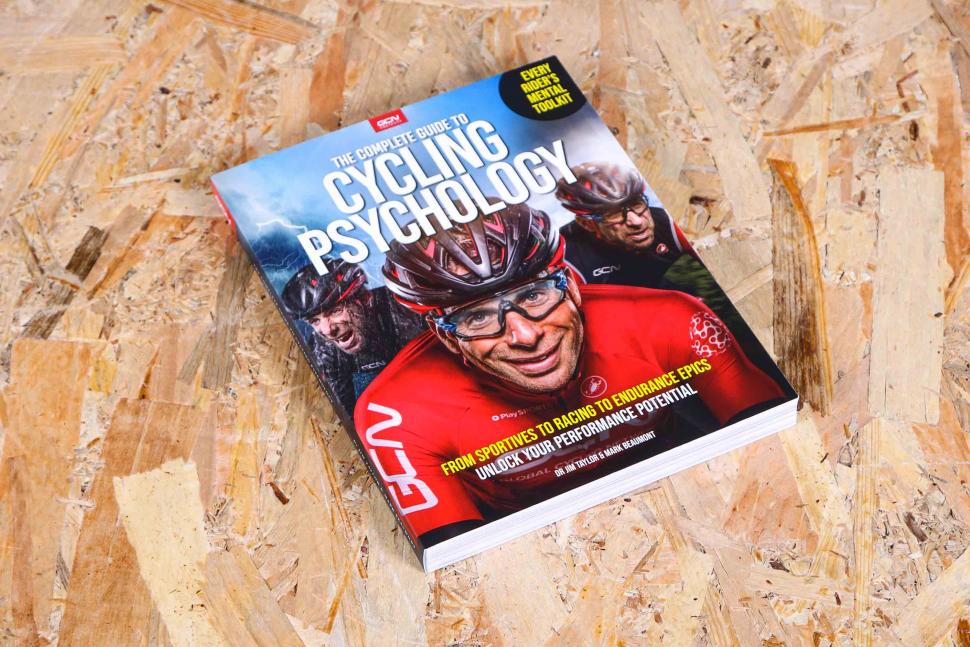 2022 GCN The Complete Guide To Cycling Psychology - 1.jpg
2022 GCN The Complete Guide To Cycling Psychology - 1.jpg£16.99
VERDICT:
Insightful read for both recreational and competitive cyclists, combining theory and real-life examples
Well structured – split into manageable sections
Topics go into a good amount of detail for the target audience
Insights from ex-pros and professional cyclists
Lots of activities to get the reader involved
The font is small
Captions on images are difficult to read
Weight:
722g
Contact:
At road.cc every product is thoroughly tested for as long as it takes to get a proper insight into how well it works. Our reviewers are experienced cyclists that we trust to be objective. While we strive to ensure that opinions expressed are backed up by facts, reviews are by their nature an informed opinion, not a definitive verdict. We don't intentionally try to break anything (except locks) but we do try to look for weak points in any design. The overall score is not just an average of the other scores: it reflects both a product's function and value – with value determined by how a product compares with items of similar spec, quality, and price.
What the road.cc scores meanGood scores are more common than bad, because fortunately good products are more common than bad.
- Exceptional
- Excellent
- Very Good
- Good
- Quite good
- Average
- Not so good
- Poor
- Bad
- Appalling
GCN's The Complete Guide to Cycling Psychology provides interesting insights into the mental side of cycling, which is often overlooked. It makes people aware that there is more to cycling than the mechanics of pedalling or bikes in general! Written by Dr Jim Taylor, with a PhD in Psychology, and featuring anecdotes from endurance rider Mark Beaumont, this is an insightful read whatever level or discipline you ride.
Cycling psychology involves the study of mental processes and behaviours that affect a cyclist's performance. Many people are aware that the mental side of sport can have the greatest impact but devote little to no time to improving their mental preparation. This book is aimed at those who want to find out more about psychology specifically in cycling, with Dr Jim Taylor providing theory, real-life experiences, and activities to help you question how you currently think/behave and providing some useful tools for improvement.
There is a lot of information provided, but you can work through it at your own pace. The book doesn't need to be read in any particular order, and you could start at sections you feel would benefit you most.
It's split into four cycling-relevant sections – Stage I to Stage IV – covering topics from attitudes through to tools you can use to build a mental training programme.
Each chapter is a new psychological component, which is explained in a good amount of detail for people with little knowledge of sport psychology. These include topics such as motivation, confidence, focus and emotions.
Each chapter starts with a quote from a professional athlete and is then broken down into the theory, information, and an example of each topic from Mark Beaumont. I found this breaks up the book nicely and helps keep you engaged.
The anecdotes from endurance rider Mark Beaumont are particularly valuable as he didn't grow up in the sport of competitive cycling and admits he doesn't know everything about bikes. This makes it relatable to a lot of riders, and he reinforces the message that there's no wrong way to ride a bike; we all experience the same doubts and fears, bringing to life Dr Taylor's theory. I feel that any type of cyclist can take something away from this book.
The book is interactive and starts by asking the reader to complete a psychological assessment specific to cycling, where you rate yourself against each attitude. You are also asked to rate each new psychological component throughout the book. This helps to bring self-awareness and provides a good foundation for you to try the techniques from the mental toolbox and then re-assess yourself, allowing you to see improvements. You can refer back to this book time and time again.
> 42 of the best cycling books – check out the books every cyclist should own
My only gripes with the book are to do with the design. Though it's generally well set out, I found the font size too small to read the book comfortably, and the captions on photos are also very small and in italics, making them blend into the images. I'm sure some of the pictures don't need to be as big as they are, which would have made room for increasing the font size. Some more thought on the background colours and bigger font sizes would have made for an easier read.
Overall, The Complete Guide to Cycling Psychology does a great job of presenting the benefits of mental training to all cyclists at every level and in every discipline through theory and real-life examples, offering thought-provoking ideas. Dr Taylor shows that whether you're a beginner or an experienced cyclist, incorporating these psychological skills into training and racing can help you achieve your goals, but with a focus on getting enjoyment from riding a bike. It offers valuable insights that aren't limited to cycling and can be applied in everyday life, too.
Verdict
Insightful read for both recreational and competitive cyclists, combining theory and real-life examples
If you're thinking of buying this product using a cashback deal why not use the road.cc Top Cashback page and get some top cashback while helping to support your favourite independent cycling website
road.cc test report
Make and model: GCN The Complete Guide To Cycling Psychology
Size tested: Paperback
Tell us what the product is for and who it's aimed at. What do the manufacturers say about it? How does that compare to your own feelings about it?
It is aimed at any type of cyclist from recreational to competitive who is passionate about achieving their goals. The aim is to show that mental training is as important as physical training to help them get the most out of their cycling experience.
GCN says: "World-leading mental coach Dr Jim Taylor, celebrated endurance cyclist Mark Beaumont, and GCN team up to bring you the ultimate guide to training your mind, helping you to unlock your performance potential. This book is packed with practical information, useful tools and absorbing anecdotes to harness the power of your mind to ride your best. With expert advice from Dr Taylor, compelling stories from Mark Beamont, real-life examples that we can all relate to, and simple exercises to follow, this book will help you strengthen your mind so you can ride faster and further, and have more fun."
Tell us some more about the technical aspects of the product?
From GCN:
- Size: 246mm (h) x 189mm (w)
- Cover: Paperback
- Cover Finish: 280gsm, with anti-scuff matte laminate and spot UV gloss finish
- Weight: 700g approx.
- Over 240 pages aimed to help you become a better rider by training your mind
It is split into cycling relevant sections:
Stage I – Mental attitudes that can set cyclists up for success
Stage II – Mental muscles that you will need to strengthen
Stage III – Mental tools that cyclists can bring on every ride
Stage IV – How to use your mind to get the most out of your training
Tell us what you particularly liked about the product
I liked how it incorporated both theory and real-life examples. The theory was in a good amount of detail for people who had little knowledge of sport psychology. It was also set out well into different sections with activities to keep the reader engaged. It is aimed at any type of cyclist and those who specifically are interested in finding out more about the mental side of training, so is a detailed account, but you can work through it at your own pace. I liked that the stories were of Mark Beaumont who didn't grow up as a cyclist and admits he still doesn't know everything about cycling, making it relatable to a lot of riders who have taken up the sport more recently.
Tell us what you particularly disliked about the product
The font is on the small side and difficult to read when it's over the top of darker backgrounds. The captions on a lot of the pictures are in white, italic text, and can be very hard to read.
Did you enjoy using the product? Yes
Would you consider buying the product? Yes
Would you recommend the product to a friend? Yes, as it brings awareness to the importance of being mentally prepared as well as physically prepared.
Use this box to explain your overall score
Overall, I found it to be a very insightful read with lots of things to take away that can be applied to both cycling and everyday life. However, the font size and background colour choices made it difficult to read at times.
About the tester
Age: 23
I usually ride: specialised tarmac sl6 My best bike is:
I've been riding for: 10-20 years I ride: Most days I would class myself as: Expert
I regularly do the following types of riding: road racing, commuting, club rides, general fitness riding, fixed/singlespeed, mtb,
Emily is our track and road racing specialist, having represented Great Britain at the World and European Track Championships. With a National Title up her sleeve, Emily has just completed her Master’s in Sports Psychology at Loughborough University where she raced for Elite Development Team, Loughborough Lightning.
Emily is our go-to for all things training and when not riding or racing bikes, you can find her online shopping or booking flights…the rest of the office is now considering painting their nails to see if that’s the secret to going fast…
Latest Comments
- Bungle_52 2 min 45 sec ago
I have some sympathy. You have to pay out for excise duty and MOT irrespective of how often you use a vehicle so it probably makes economic sense...
- OldRidgeback 26 min 6 sec ago
Interesting, tho they only take narrow 20" slick tyres. I'd want to be able to use 1.75 Maxxis DTHs.
- don simon fbpe 54 min 6 sec ago
Who'd've thought that a certain whinging section (right whingers get uppity for calling them what they are) of society would resort to division,...
- Exup 2 hours 26 min ago
At least some justice is being done........
- BIRMINGHAMisaDUMP 2 hours 36 min ago
I imagine the Police treat bike theft as an insurance issue rather than a criminal issue. Can't blame them to be honest. The best thing is to use...
- David9694 3 hours 3 min ago
Police launch investigation into destruction of barber shop in Hythe High Street...
- ktache 11 hours 33 min ago
I'd love for them to put a number on that "inappropriate speed"
- Nick T 12 hours 25 min ago
They need to use some harder material for the cleat retention clip really, that's worn out long before any bearing has had a chance to fail on...
- yiipeeia 15 hours 16 min ago
I am 67 and I cycle with two groups during the year The Haddenham Easyriders International who ride during the summer on Thursday evenings, and The...








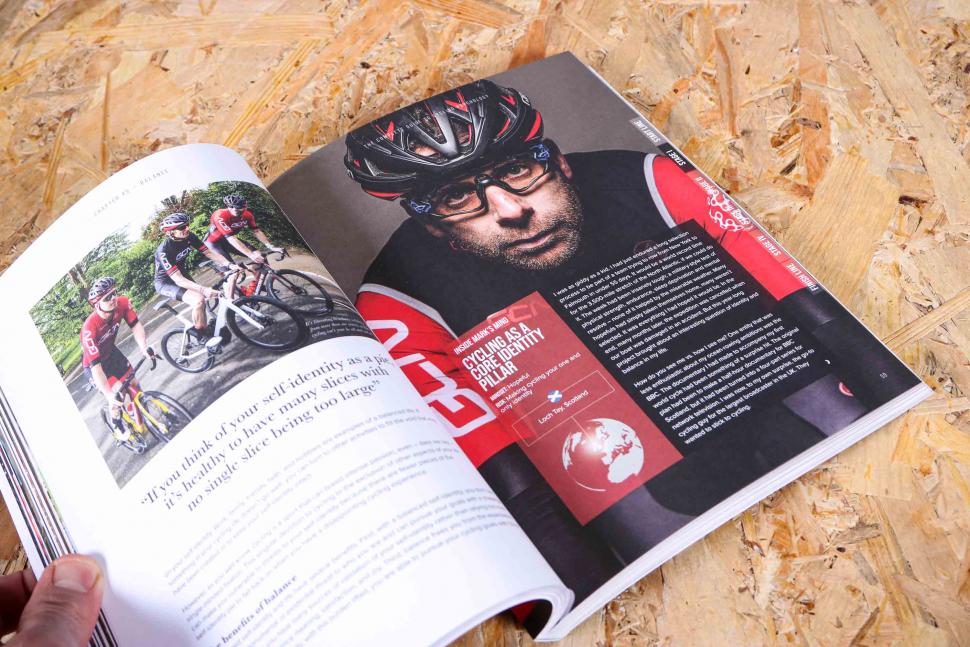
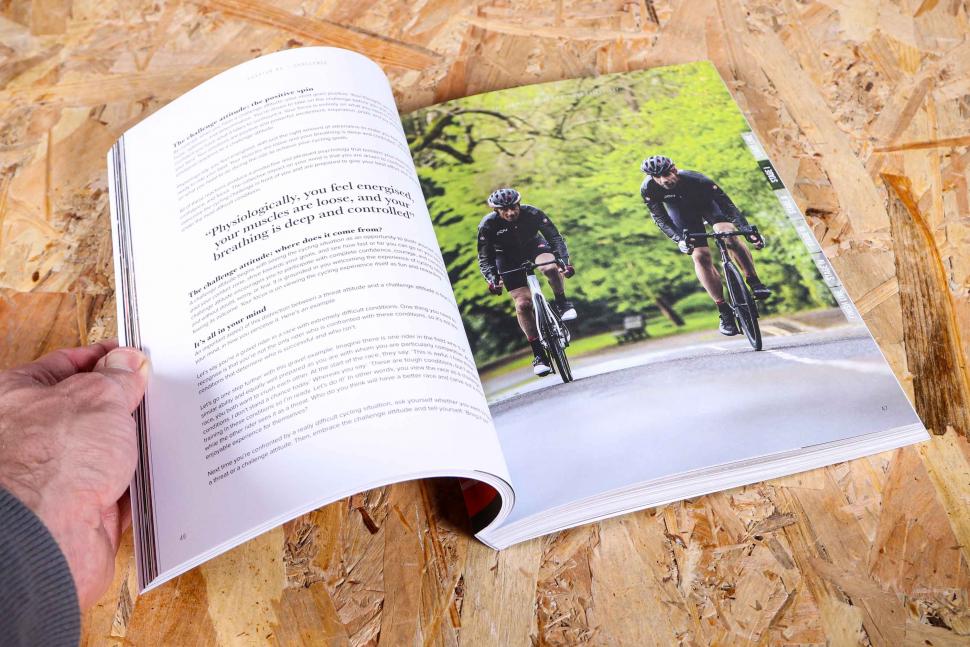

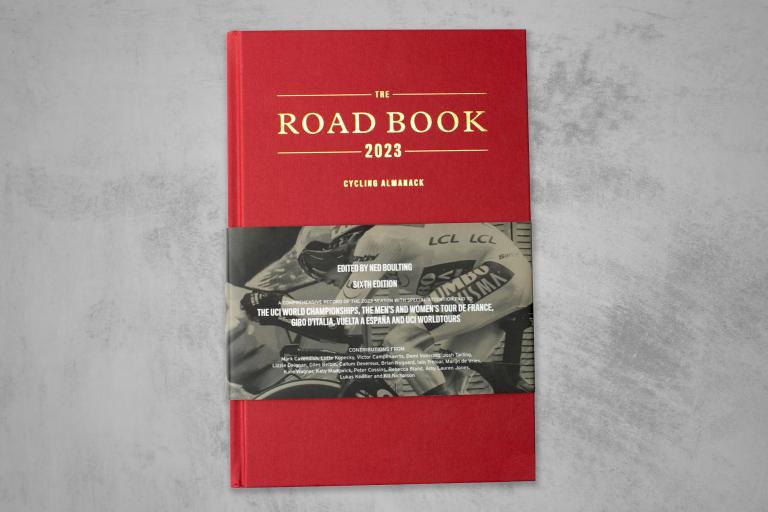
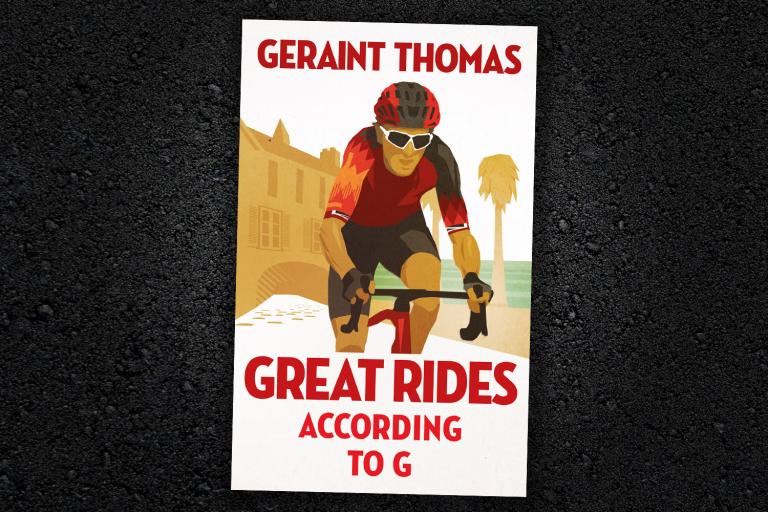
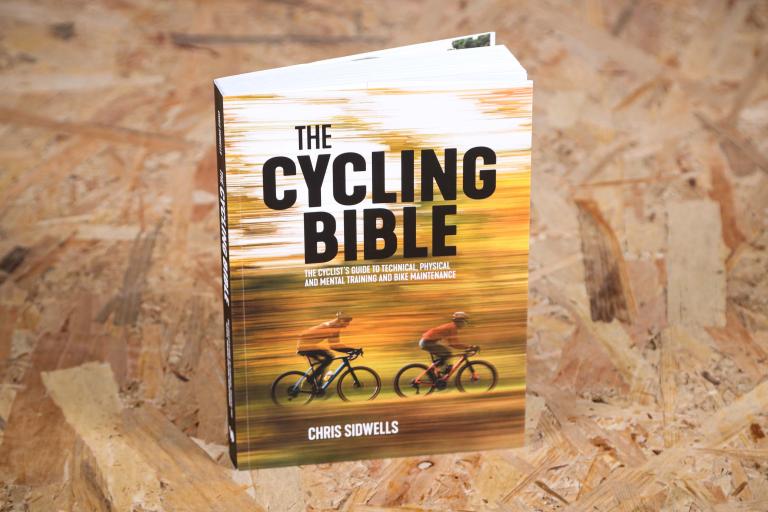
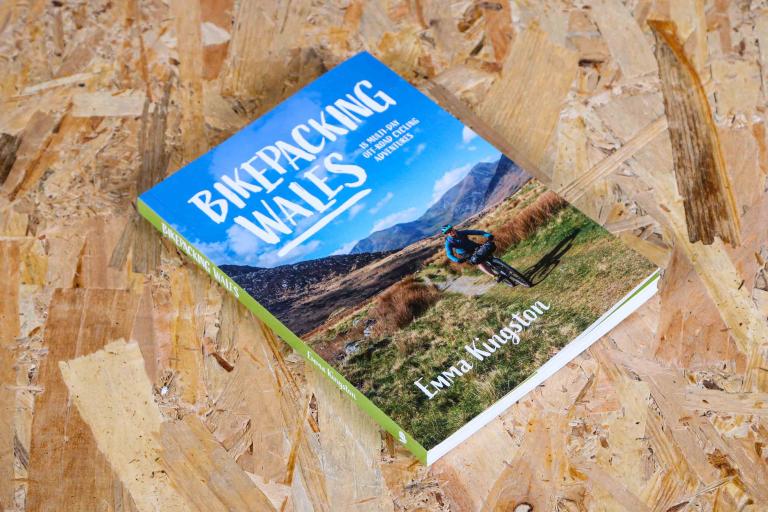
Add new comment
1 comments
Does it cover exposing yourself to excessive amounts of videos/articles on poor driving standards on here, twitter, YouTube etc..on the effect it has on how us cyclists react and respond to motorists after watching and reading such videos and articles? From a personal point of view I've found myself quite hyped up after engaging in such media and maybe ride and react a bit more defensively once out on the roads, almost expecting something to occur than if I hadn't spent time watching the videos and reading the comments.